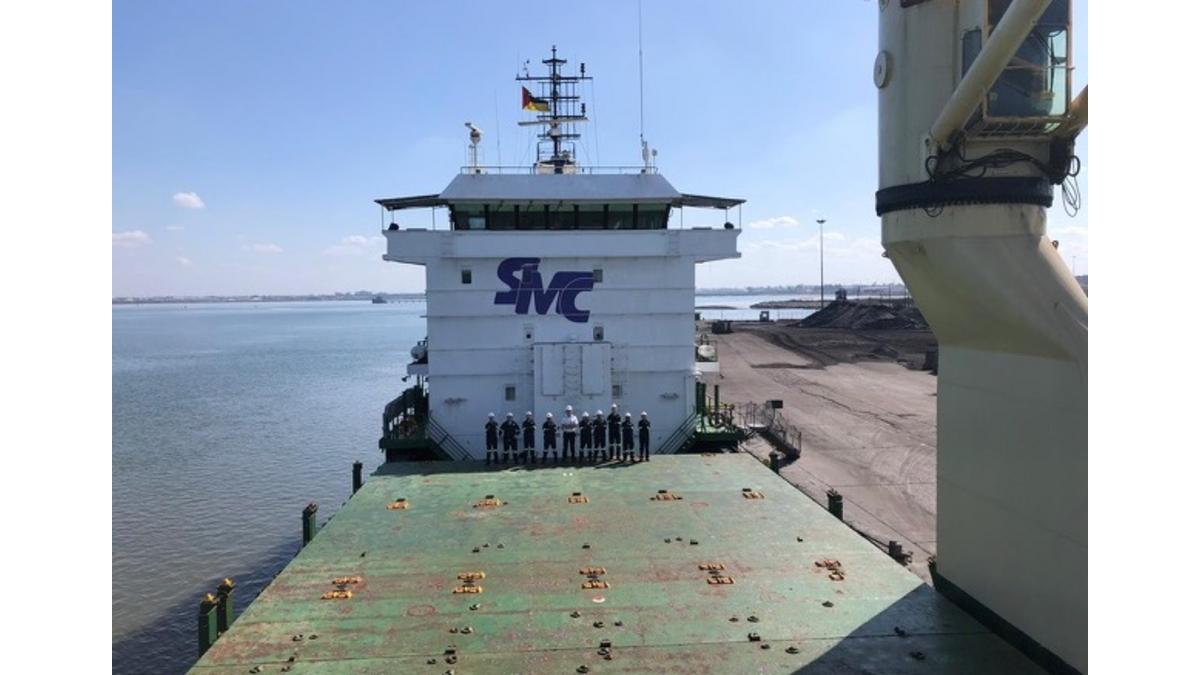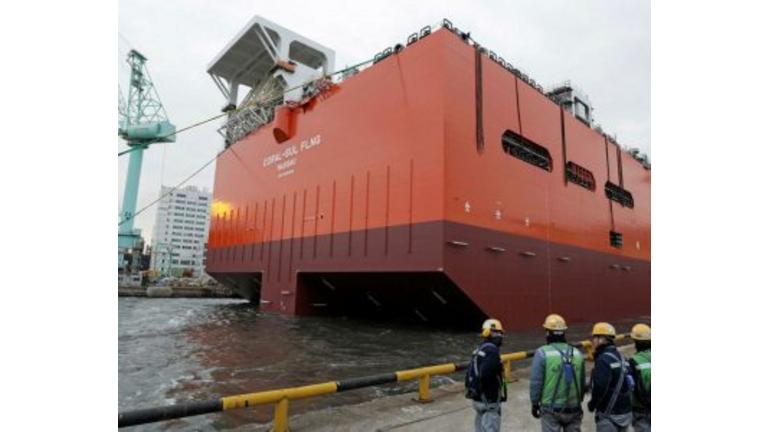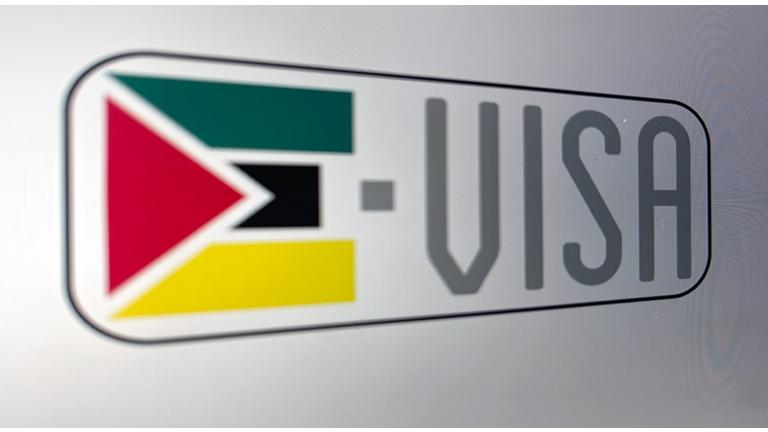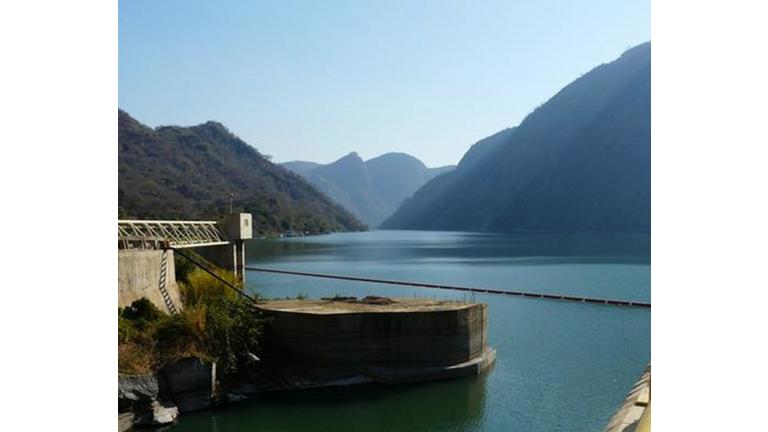Comunicação - Imprensa
President of the Republic inaugurates the country’s largest maritime highway

The President of the Republic, Filipe Jacinto Nyusi, inaugurates, today, in the Port of Maputo, the new cabotage service in Mozambique, which now connects the entire national territory by sea, creating the country’s largest maritime highway.
Hence, Mozambique has a cabotage service again, connecting the country from the port of Maputo to Afungi, in the province of Cabo Delgado, with stopovers, in both directions, at the ports of Beira, Quelimane, Nacala, Pemba and Mocímboa da Praia. The operations will be carried out by two vessels from Sociedade Moçambicana de Cabotagem (SMC), a company that will ensure the maritime transport of goods along the entire Mozambican coast. The project, with an investment of about US$ 6 million, is committed to creating a highly credible and safe maritime transport network in Mozambique.
Pedro Monjardino, project manager at SMC, explains that “this new service is the result of two years of intense work, developed by specialists in various areas and involving the Ministry of Transport, Customs, Tax Authority and the company MC Net that manages the SeW platform”. “The objective was to increase the control over tax revenue and, at the same time, provide the new cabotage customs system with simplified, less costly processes that would respond to criticisms that existed in the past and that, at the time, made the service unfeasible”, said the same representative. Pedro Monjardino, additionally, underlines “the total openness and availability of the Mozambican Government to find new solutions that will now be put into practice”.
Luís Archer de Carvalho, Managing Director of Sociedade Moçambicana de Cabotagem and representative of the Peschaud Group in Mozambique, emphasises that “this project reveals the commitment of the Peschaud Group to contribute to the sustainable development of Mozambique in the medium and long term”.
With the new service, several new measures are implemented, including the fact that cabotage processes are now managed on the Single Electronic Window (SeW) Platform. “Free-circulation” goods (already subject to customs import and/or produced in Mozambique) are exempt from the need for customs broker intervention and associated costs. A novelty, as, before, the customs broker intervention was always mandatory. It is important to note, as well, that the port tariff for handling goods has also been reduced in all ports. On the other hand, tax monitoring is no longer a general rule and becomes exceptional in nature for only five types of products (vehicles, household appliances, drinks, tobacco and computers), at about 10% of each product to be calculated by SeW. Remember that, in the past, the procedure applied to all cargo transported in containers.
In an initial phase, the cabotage operation will be carried out by two vessels. The ship Greta, a multipurpose vessel with a capacity for 260 containers and two 60-ton cranes, has the capacity for project cargo, containerised cargo, and general cargo. The ship Ylang, with the capacity for 450 tons of merchandise and a 30-ton crane, is certified to dock at the pier of the natural gas processing industrial complex, in Afungi Bay. In addition to the transport of containerized cargo and general cargo, the project also guarantees a door-to-door service.
Sociedade Moçambicana de Cabotagem, the company responsible for the project, is a public-private company whose shareholders are Peschaud Mozambique (75%) and the state-owned company Transmarítima (25%). By guaranteeing the maritime transport of goods to the main ports of Mozambique, SMC is not only strengthening the country’s connection from north to south, but also revitalising and dynamiting the transport sector, implementing a new dynamic in the country’s development.


